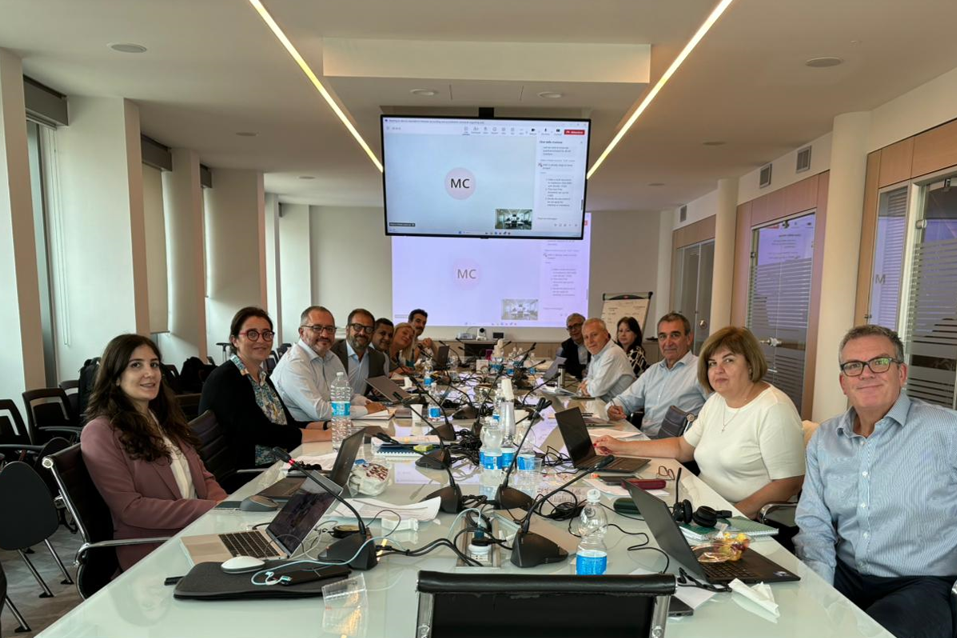The increasing prevalence of sustainability reporting globally, along with its standardization at national and regional levels, underscores the importance of a robust sustainability assurance framework.
In this context, financial auditors have leveraged their expertise in financial assurance to quickly develop and modify a suite of international standards, specifically for sustainability reporting assurance processes. This expertise facilitated a constructive dialogue with regulators and institutional stakeholders, leading to the incorporation of these standards into some legislations and similar considerations in many others.
On the side of our conformity assessment bodies, while their approach has evolved differently from that of financial auditors, they have nonetheless developed reliable and rigorous practices for evaluating and certifying key environmental, social and governance (ESG) topics. This offers a high degree of trustworthiness for intended users and regulators, ensuring confidence in the sustainability assurance process.
To address regulatory expectations, a group of experts from IAF, the International Organization for Standardization (ISO) and other organizations in the field of conformity assessment initiated a process to demonstrate the integrity and robustness of our framework, highlighting synergies with the accountants’ standards, identifying areas for improvement, and reaffirming the strength and reliability of our approach.
We conducted a comprehensive analysis of the new International Standard on Sustainability Assurance (ISSA 5000) developed by the International Auditing and Assurance Standards Board (IAASB). This standard is anticipated to become the primary global benchmark for sustainability assurance used by accountants, and it will serve as a foundation for regulators. Additionally, we examined other supporting standards, including the proposed International Ethics Standards for Sustainability Assurance (IESSA), part of the IESBA Code, and the International Standards on Quality Management (ISQM 1 and ISQM 2). Our objective is to demonstrate our capability to meet the stringent requirements outlined in ISSA 5000 and its supporting standards.

On September 23rd and 24th, members of the IAF Working Group on Sustainability met in Milan with a diverse delegation of members from accreditation bodies (ABs), conformity assessment bodies (CABs), testing, inspection and certification (TIC) organizations, and ISO. The purpose of this meeting was to discuss the strategic necessities and practical steps required for moving forward. A consensus emerged to develop an international scheme (or a standardization document) for providing sustainability reporting assurance services. This scheme would establish requirements for both ABs and CABs, enabling them to operate with the same rigor as accountants, regardless of their geographical location and local legislation. The proposed scheme would integrate existing elements from the ISO framework, such as ISO/IEC 17029 and ISO/IEC TS 17035 for accreditation purposes, and the ISO 14064 series and ISO 14019 series drafts for certification purposes, while incorporating the new concepts introduced by ISSA 5000 and its supporting standards.
This will ensure that ABs and CABs can comply with local laws regarding sustainability assurance, whether the assurance program is strictly based on ISSA 5000.
The development of the criteria and principle of this scheme will be our main priority in the coming months, spearheaded by the IAF WG on Sustainability. The decision regarding the scheme owner or the opportunity to publish it as a standardization document will be deferred to a later date. At the same time we will address the training requirements for the assurance principles of the scheme. This may involve centralized training by the scheme owner or another international organization, or it may be delegated to the national level.
